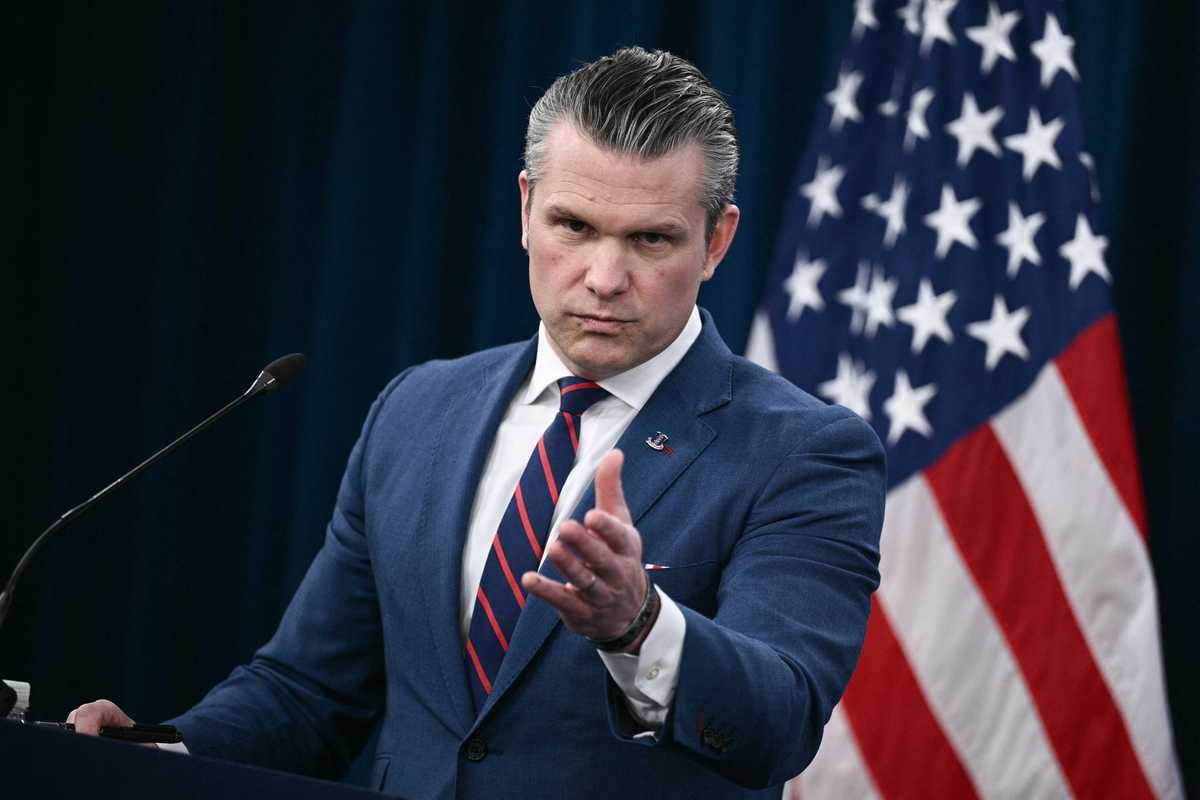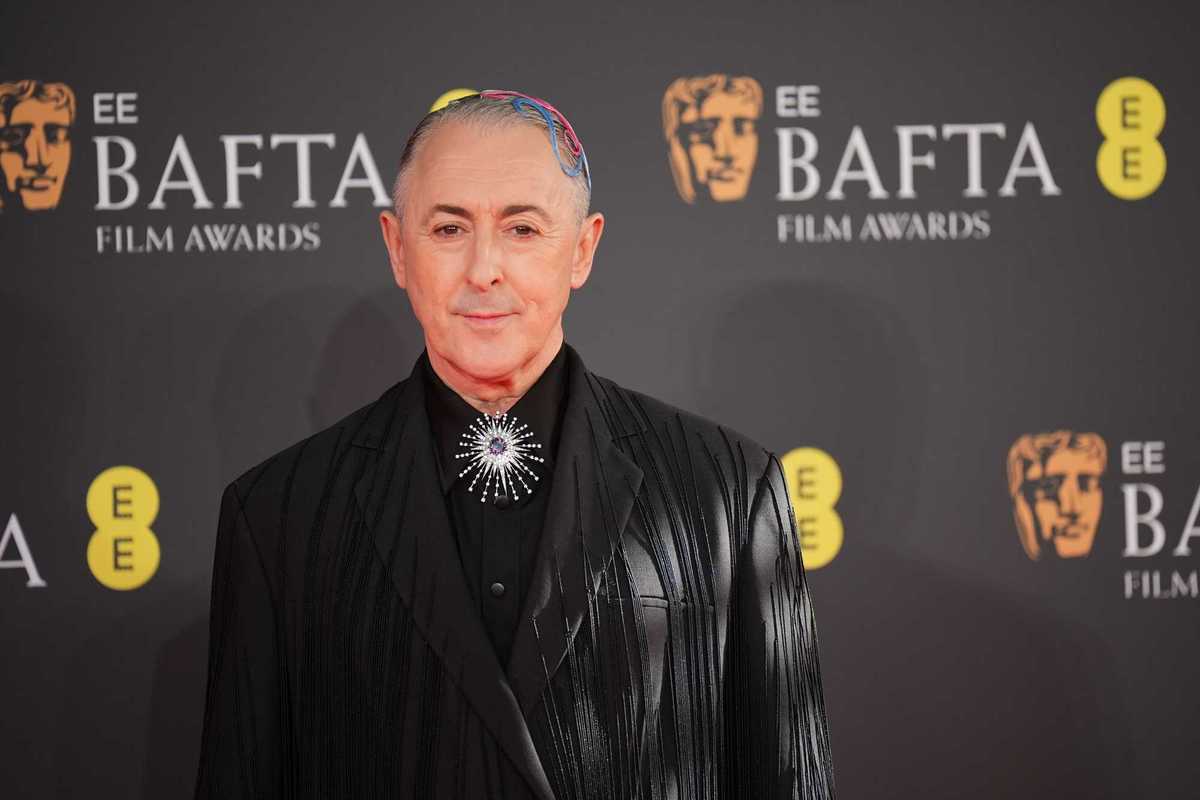Celebrities
Louis Staples
Aug 30, 2020

Getty
The world is still reeling from the death of Black Panther star Chadwick Boseman, who passed away this week from colon cancer.
The tragic news of Boseman's death at the age of 43 was heightened by the revelation that he’d been suffering with colon cancer for four years privately. It came as an important reminder that we never really know what other people are going through, and that pain can be hidden.
Announcing his death, Boseman’s family described him as “a true fighter”.
Beautiful tributes have flooded in for Boseman from across the world. He is someone who clearly meant so much to many people.
Cancer is an illness that many people have been impacted by, either as a patient themselves or through someone close to them. Because so many people have been impacted by it, the language we use to talk about it really matters to people. Depending on a person’s experience with the disease, they might have a different view on how it should be talked about.
Some people have pointed out phrases such as describing someone as a “fighter” or cancer as a “battle” aren’t helpful to everyone, depending on their on experience.
But other people who have had cancer have described Boseman that way, and given emotional justifications for their use of the phrase.
There is some evidence to suggest that certain ways of characterising cancer can be harmful. In 2019, research revealed that the use of metaphors like “war on cancer” might do some people more harm than good.
Addressing this sensitive topic of language, Martin Ledwick, Cancer Research UK’s head information nurse, said:
There are no right or wrong words for people talking about their own personal experience and some people do see their cancer experience as a fight or a battle.
But for others, we know that ‘fighting talk’ can be unhelpful and make them feel guilty or inadequate if they feel unable to ‘fight’, or if their cancer comes back in spite of treatment.
Therefore, the most important thing is that we’re sensitive to each other when talking about cancer.
Every patient and every family is different. Seeing as Boseman’s family described him as a fighter, this language must have worked for them.
We shouldn’t police the language people use to describe such a personal experience.
But we should also remember that the language we use to describe illnesses like cancer might not be what resonates with everyone – and that's okay.
Top 100
The Conversation (0)













